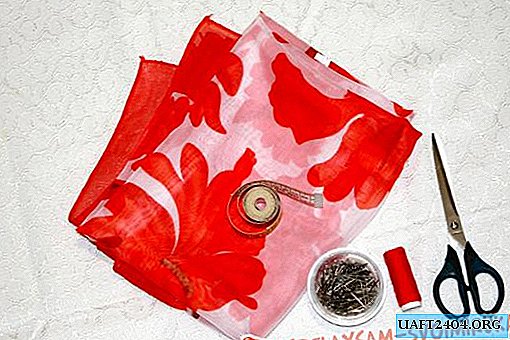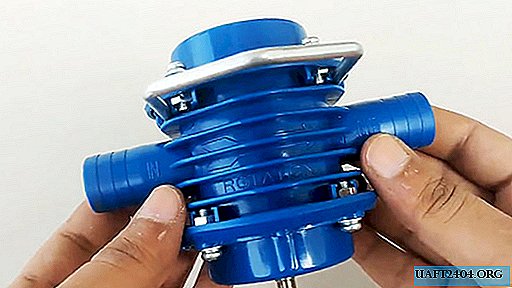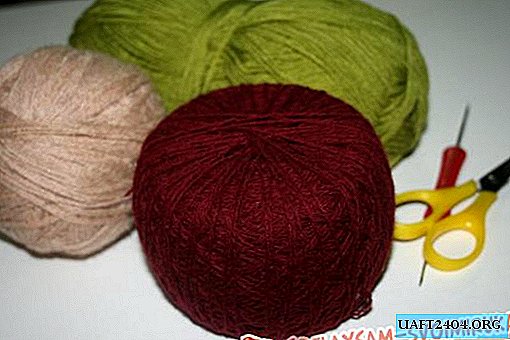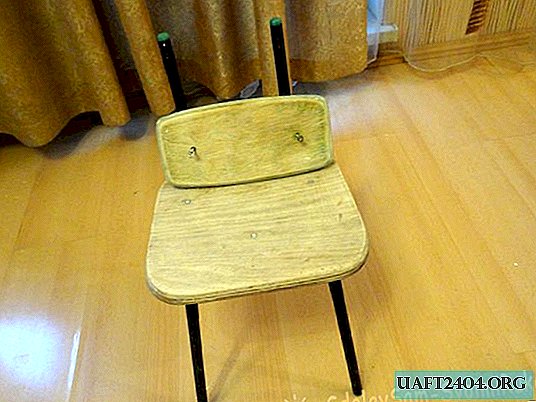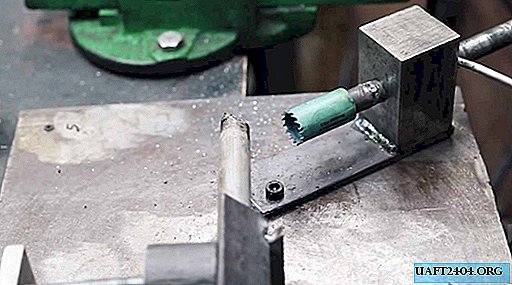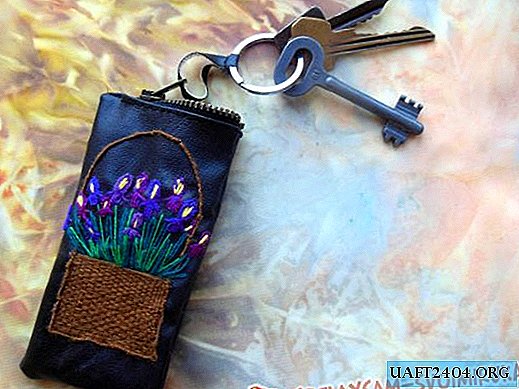

First, you should start creating a basket with irises. Sewing on a wide fabric is much easier than on a narrow blank under a case. Therefore, prepare a piece of dermatin for sewing the base, a needle for embroidery, a hoop, silk threads or thin yarn of the required colors (for irises, you need several tones of purple, threads of light green and dark green colors, a little yellow yarn and brown balls for a basket), more take a small zipper, ruler, and also a ballpoint pen.

In the center of the round section, use a pen and a ruler to make markings for the basket (markings must be put every 3 mm). In total, about 20 bars should be obtained.

Now duplicate these points just above the resulting row (about 3-4 cm) and start connecting each pair with a thread.


At the end, you need to bring the needle to the front side of the embroidery (the lower border of the vertical lines) and begin to “weave” the basket. To do this, pass the thread through a tightly set row of rods, constantly alternating the position of the thread ("above the rod" and "under the rod").


And when you finish weaving the transverse rods, mark 6 cm from the top edge of the basket and draw a pen.

Sew it with the reverse stitch, which later will need to be hidden with a loop-like seam.


Flowers are also marked out first and then embroidered stems are embroidered.


Fix each dark loop on top with a regular stitch, place the light green thread between these double stems in random order (single thread).

And here came the most interesting moment - the embroidery of irises. This is a very painstaking and creative work, so there are no special instructions and clear rules here. Each flower can combine several tones at once (darkening one petal, for example), or a monochromatic bouquet can turn out - this is at your discretion.
So, the upper perianth is created from a loop, which, like a double stalk, is fixed on top with a stitch.

Side lobes are regular straight stitches symmetrically applied on both sides of the perianth.

From below, create the same petal from the loop, but only smaller. Fill it immediately with color.

Embroider such flowers on each protruding stem, and be sure to fill the middle with yellow.


Then cut out the two parts for sewing the key holder and assemble them with a basting seam along the contour.


Leave a slit for the zipper on top and (after final stitching the base) sew it in place.

To quickly get the keys out of the case, connect them to the clasp with a dermatin shelf. So the keys are not only easier to remove, but also almost impossible to drop or lose.


Now it will be easier and faster to find the keys, and wearing them in a beautiful case is much nicer than in your pocket.




